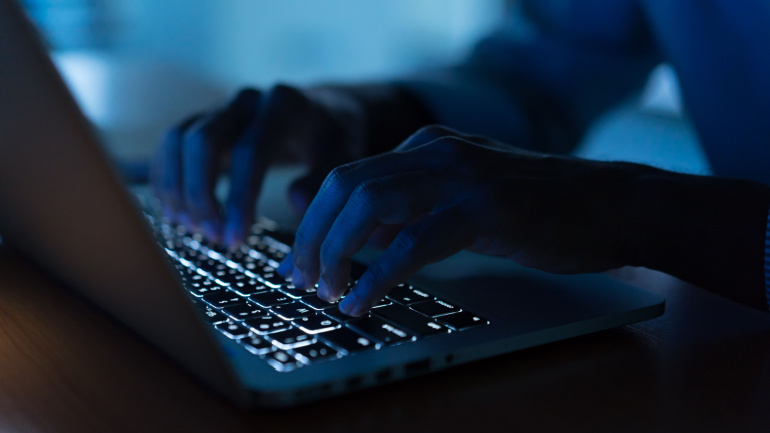
The extent of cyber threats within the UK is ascending rapidly, as disclosed in a report by BT. As a counter, the company unveiled its podcast aimed at addressing these concerns.
BT highlights that an astounding 530 cyber attacks are initiated every second, with an approximate 46 million possible cyber-attack signals noted daily worldwide. Industries frequently targeted include defence, IT, banking, and insurance, collectively accounting for nearly 20% of all detected malware. Additionally, sectors including retail, education, and hospitality bear substantial risk, with a record of approximately 15% of malware findings in the past year.
In a fascinating twist, around 785,000 cyber crimes were documented within UK’s charity organizations in the previous year. This suggests that hackers are targeting less conventional institutions, potentially due to their typically weaker security measures. Furthermore, nearly 61% of UK businesses confessed to struggling with keeping up with cybersecurity precautions.
In another intriguing finding, BT data suggests that an average corporate network is put through the ‘wringer’ by hackers, with web scans and tests averaging above 3000 times daily.
Top malware strains in circulation include Emotet, DTrack, IcedID, BatLoader, Tesla, BlackBasta, among others.
Tris Morgan, Security MD at BT, expressed his concerns stating, “The volume of cyber threats in the UK is rising at an alarming rate, so it’s really concerning that so many businesses and public services are leaving themselves open to attack.” He emphasized that the exponential proliferation of connected tech intensifies the attractiveness of valuable data for hackers and increases the rewards upon a successful breach.
In a bid to counter cybercrime’s musical discord, BT announced the launch of a new podcast focusing on cybercrime. Morgan said, “We’re launching the True Cybercrime Stories podcast: to shine a light on the shocking impact this crime epidemic can have, raise awareness of the risks and encourage everyone to think about what they could be doing to protect our businesses and essential services.”



